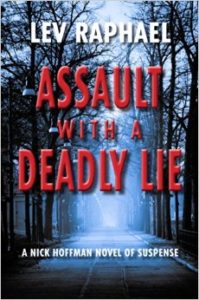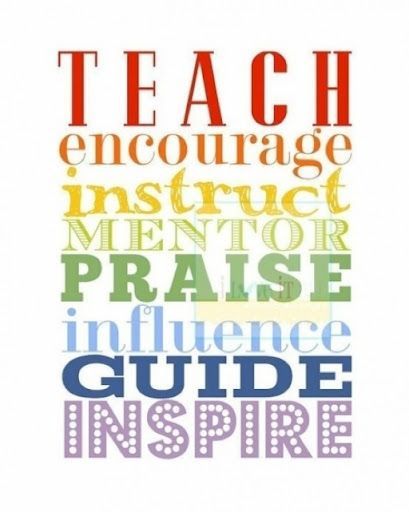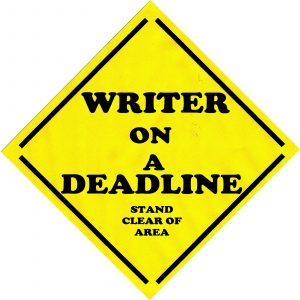I’m just back from keynoting a writers’ conference in Michigan where one of the questions was “Do you ever get writer’s block?”
My answer was simple: No. And here’s why.
I once heard prize-winning author Loren D. Estleman deplore the use of the term. He said that it’s a grossly unhelpful way of describing something very basic and ordinary in the writer’s life: you’re stuck.
I totally agree. When you say that you have writer’s block, you turn a minor problem into something major like depression or even cancer. Suddenly you’re beset by a grave affliction and a normal, unremarkable part of the writing process potentially becomes debilitating.
I’ve felt this way through many years as a published author; through twenty-five books in many genres; and hundreds of stories, essays, reviews and blogs. Like Estleman, I believe that we all get stuck sometimes in our work, no matter how experienced we are — and Estleman’s published sixty books. Stuck isn’t a bad thing. It just means that you haven’t worked something out, you haven’t answered some question in the book, or maybe you’re headed in the wrong direction.
When I get stuck, I do what Estleman suggested, and what I’ve advised my creative writing students over the years: I leave the writing alone and don’t obsess about it.
Are you stuck? Don’t panic. Give the problem to your subconscious to figure out. Work on something else or don’t do any writing at all. Focus outward: the gym, a movie, dinner with your spouse, drinks with some buddies, walking your dog, home repairs, a car trip, gardening, working on your tan, cooking, going out, reading a new book by your favorite author — anything that will absorb you completely and make you feel good.
Of course, sometimes being stuck is connected to secrecy and revelation. It can mean you’re afraid of what you want to write, afraid of revealing too much about yourself (or someone else), afraid of what people might think. That fear of exposure is shame, or the dread of shame. Calling it “writer’s block” confuses the issue and disguises what’s really the problem.
Unfortunately, there’s a gigantic industry devoted to helping people overcome “writer’s block,” to keep them from turning into Barton Fink, stuck on that one sentence. And because our culture loves stories about blocked writers like The Shining, there’s a perverse kind of glamor associated with this “condition.” It’s dramatic, it’s proof of how serious a professional you are. And hey, writers are crazy anyway, so of course they can’t do their jobs.
Let’s face it, since most people hate to write, especially in this age of texting, “writer’s block” connects with non-writers much better than when you say, “I’m working on my book, it’s going great and I’m having a blast.” You risk being seen as cocky or even arrogant. Saying that you have writer’s block brings you back to earth. It comforts people who don’t write, because it confirms their perception of writing as drudgery and even torment.
Don’t buy into the script. Write your own.
Lev Raphel is the author of twenty-five books in many genres including the guide for writers Writer’s Block is Bunk. He teaches creative writing workshops online at writewithoutborders.com where he also offers coaching and mentoring.
(this blog originally appeared on The Huffington Post)




